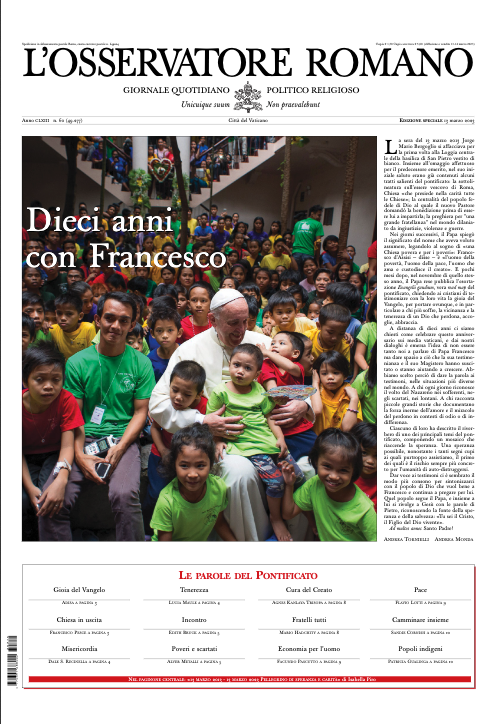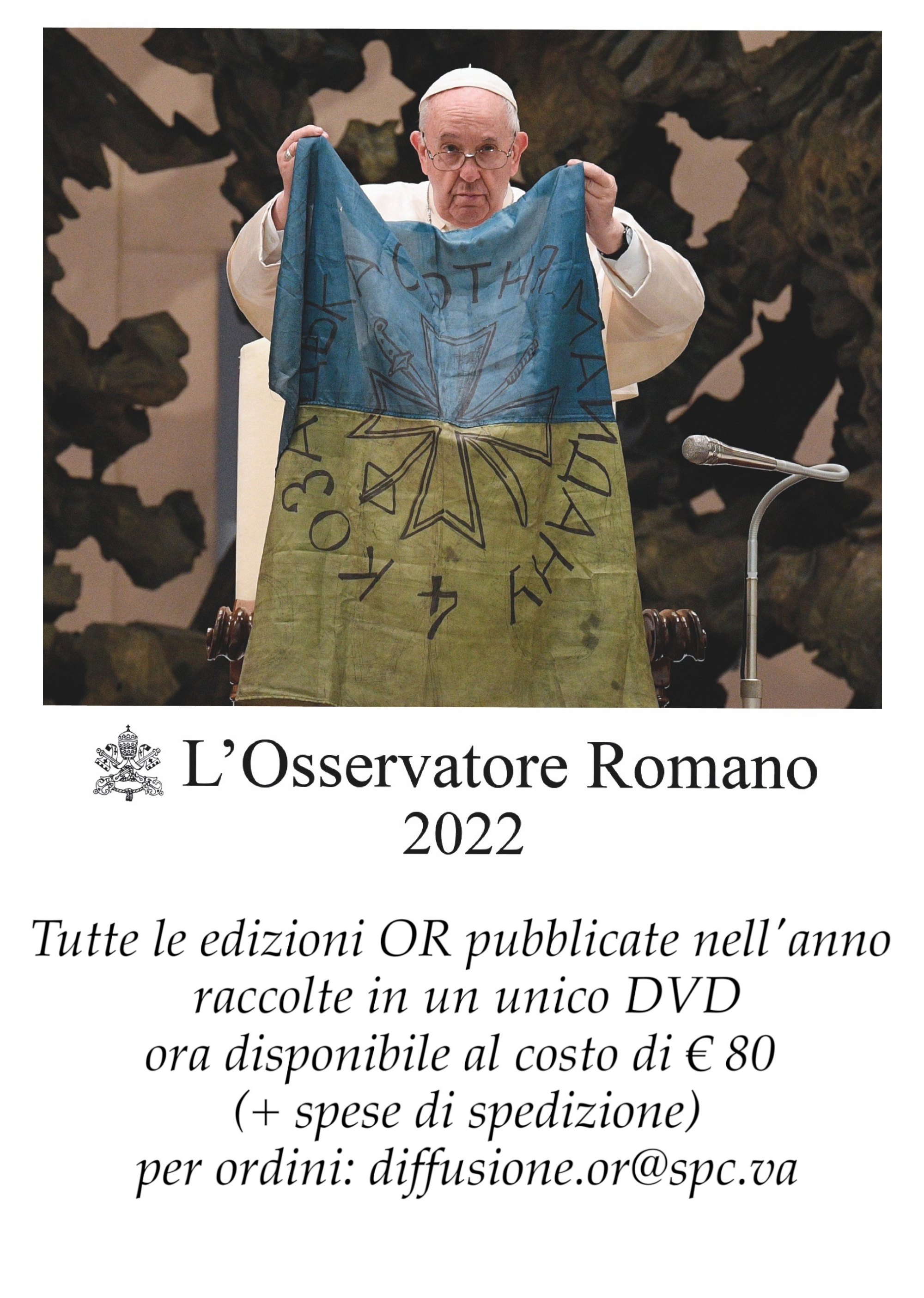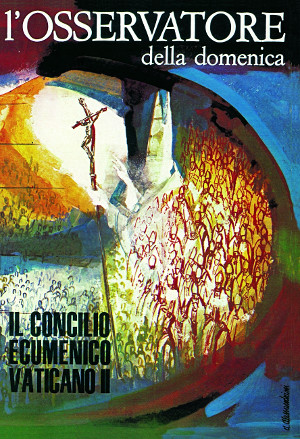
When we talk about the homeless, the masculine form is almost always used. It’s true, as many statistical surveys confirm, that women living on the streets or in conditions of severe social distress are fewer in number compared to men. However, it is equally true that there is a sort of resistance – whether it be modesty, shame, indifference, or all three and even more – to addressing a complex issue such as the social marginalization of women. This makes women even more invisible than the already invisible, more excluded among the excluded.
Yet, it is precisely women who pay the highest price imposed by a throwaway society that has no tolerance for those who are different or do not conform to the most commonly shared social expectations. Why should being poor mean you cannot be a good mother? Why take away their children when the true response should be support and assistance in the full realization of the parental role? Why accentuate the stigma, fueling an already present sense of guilt?
In the month celebrating International Women’s Day, we felt the urgency to dedicate this issue of our newspaper to them, to women without a stable home. And we did it our way: by listening to their voices and offering the space of this newspaper to their stories. Stories that speak of deep wounds and unbridgeable gaps – where it is not difficult to recognize the responsibility of men who have betrayed the love of women, daughters, wives, partners and friends – but also of courage and kindness, generosity and forgiveness.
Magda: One, one hundred lives wrapped in a purple sweater — Magda has been a smuggler, a labourer, a caretaker, an artist. She has written poems published in small anthologies, she has held the hands of sick people she loved, tending to them to the very end as if they were members of her own family, she has painted the walls of five nursery schools, she has put snails inside olive oil to make healing potions using ancient recipes – but there’s no need to wash the shells, she explains.
Magda talks a lot, but not quickly, she floats form one sentence to another, from one moment of her life to another, she switches topics as if she were flipping through the pages of her biography, she is rational and lucid and then suddenly, magical, hypnotic. As happens with all lives, hers is marked by a mix of things she has chosen and things that have happened to her, though she has reached an age, or perhaps just a level of wisdom, in which the difference no longer matters.
Carola: Unhealing Wounds — I was born into a poor and large family where my brothers were in charge because my father had left. At the age of 8, one of them began to assault me. Frightened and full of anger towards my mother, who, despite knowing everything, did not protect me, at the age of 12, I decided to run away. That’s how I began my life on the streets at such a young age. In the last shelter where I stayed, I met Marco, also a guest after years of living on the streets. Between us, a love story blossomed, culminating in marriage. Marco is a good man and truly loves me. My life has been tough, but the biggest wounds, the ones that will never heal... Today, I pray to the Lord to have Marco with me until my last breath.
Anna: Sleeping with Eyes Open — I returned to Italy after many years. At five in the morning, I arrived at the station. No one was there to meet me. I met S., D., A., C., all the people who kept me company. At that moment, I couldn’t yet imagine that we would soon become friends and that the station would be my home for the next four to five years. We slept in forgotten train cars. Like these, I stayed where the station ends. If you’re alone, you can’t sleep with your eyes closed. You have to watch out for friends, those you don’t know, and the police who arrive unexpectedly. The morning is the worst time. You feel feverish, and your stomach is upset. Everything hurts, and you’re sweating cold. You smoke cigarettes while figuring out how to get what you need. Your direction is clear, but you need money. You have to make money.
Gabriela: The Scent of My Mother — I would never change who I am because this is who I am. I understand that categorizing brings reassurance, as does distancing oneself from what is different, what does not represent us. But that’s precisely the point: often, we don’t know anything, and so we are afraid. And so you are afraid. Even afraid of us, who were born in a male body but feel like women... Imagine a village in Amazonia, four hours from Peru and one hour from Bolivia, with just a few hundred inhabitants and Thiago’s son dressing as a woman. Picture the forest, toucans with long orange beaks, the light and beautiful hummingbird hanging in the air with its eighty wing beats per second; the guarana plants, colorful and precious orchids... and then this strange androgynous flower moving around the village. How many whispers, how many glances.
Rosa: The Pigeon Lady — The bells of St. Peter’s still resonate in the air as I walk alone along the colonnade, and sitting on a step, I notice a lady... She is an imposing woman like a Bernini column, but with the soft face of cherubs and large eyes that seem to have stolen the spring sky’s blue. Around her is a small gathering of pigeons pecking between the cobblestones, while the woman tosses what remains of her lunch into the air. Occasionally, one of them takes flight, only to perch on her arm as if it were a branch from a tree with blue eyes... “You’re new here”, I say. “Fifteen years”. Fifteen years? Is it possible I’ve never seen her before? “And have you always been here?”. “Yes”. “Always with the pigeons?”, “Yes”, Rosa replies, always with that childlike smile that never leaves her face.
Street: Unheard Anger — That Friday morning, anyone passing by Broadview Street, even just for a jog or for walking with their dog, would have been terrified listening to the screams and curses of “Street”. She had it out with everyone: pedestrians, people visiting our mission, volunteers, and staff. “Street”, as she likes to be called, knows the wounds of violence and the power that comes from it. In her soul, she carries a shame she never desired and is incapable of believing that people can sometimes be kind to each other. “Street” embodies what we can see every day within our community in Toronto: homeless women bear scars of violence deeper than men. Perhaps because they are more fragile and violence encounters less resistance. Perhaps because they endure more violence than men and are always without protection. Perhaps because violence takes away from them that which they should receive through freedom. If a mother always gives something, homeless women find themselves with almost nothing left to give because violence seeks to empty their souls of anything good.
The editorial team of L’Osservatore di Strada


















